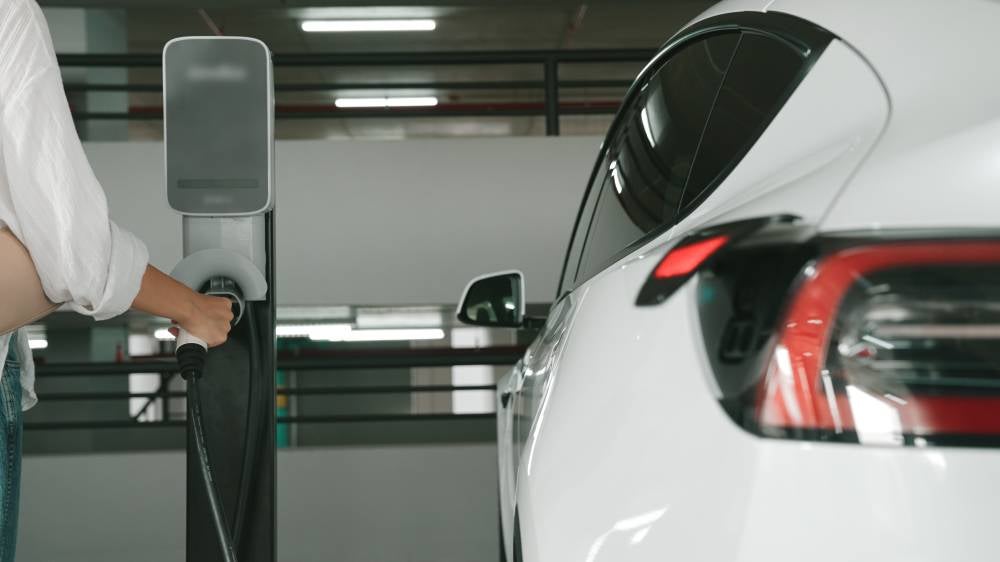EVs: Clean energy or environmental dilemma?
Path to sustainable EV future lies in battery management

This is the first article in a four-part series exploring the potential of electric vehicles (EVs) for cleaner electricity generation and greater sustainability despite the environmental challenges associated with battery production and disposal. The series will also cover related topics such as tax exemptions and green benefits.
SHAH ALAM - Experts highlight the potential of electric vehicles (EVs) for cleaner electricity generation and greater sustainability despite the environmental challenges posed by battery production and disposal.
EVs represent a significant shift towards cleaner energy, embodying a greener future for transportation.
However, while the promise of reduced emissions and environmental benefits is compelling, the journey is not without its challenges, particularly those related to EV batteries.
Universiti Sains Malaysia's (USM) School of Civil Engineering Associate Professor Dr Nur Sabahiah Abdul Sukor emphasised that while EVs produce zero direct emissions and offer cleaner electricity generation potential, they still present environmental challenges.
“The production and disposal of EV batteries can generate a substantial carbon footprint due to the energy-intensive manufacturing process and raw material extraction.
"While EVs may reduce emissions compared to conventional vehicles, their overall carbon footprint can still be higher than that of walking, cycling, or using public transit,” she told Sinar Daily recently.
Despite these challenges, Sabahiah firmly believes the EV industry is proactively addressing these environmental concerns.
“To create a circular economy for EV components, car and battery manufacturers are investing heavily in renewable energy-powered production facilities, sustainable battery materials, and recycling infrastructure.
"Optimising the entire lifecycle of EVs—from production to disposal—and aligning their environmental impact with the growing use of clean energy sources can make EVs as environmentally sustainable as active transportation modes. This is a promising goal worth pursuing,” she said.
She also stressed the importance of gradually introducing EVs in developing countries while simultaneously developing renewable energy infrastructure, efficient public transportation, and active mobility options like walking and cycling.
Sabahiah added that to reduce the environmental impact of EVs and ensure a sustainable future for mobility, the industry must prioritise battery recycling and reuse initiatives and foster international collaboration to share best practices.
Echoing Sabahiah’s views, Universiti Putra Malaysia (UPM) Engineering Faculty Head of Road Safety Research Centre Law Teik Hua pointed out that the production of EV batteries involved extracting materials like lithium, cobalt, and nickel, which can have significant environmental and social impacts, including habitat destruction, water pollution, and labour issues.
“The battery manufacturing process is energy-intensive, often resulting in higher initial carbon emissions compared to conventional gasoline vehicles,” he said.
However, Law cited that despite concerns over battery production, studies showed that EVs generally have lower overall emissions over their entire lifecycle.
This includes lower operational emissions, as EVs produce zero tailpipe emissions, significantly reducing air pollution in urban areas.
“The environmental benefits of EVs increase as the electricity grid becomes greener, with more renewable energy sources reducing emissions associated with charging.
"Evolving battery recycling technologies can help recover valuable materials and reduce the environmental impacts of disposal.
"Used EV batteries can also be repurposed for energy storage in renewable energy systems, further enhancing their sustainability,” he added.
Law said that while there are valid environmental concerns associated with EV battery production and disposal, the overall benefits of EVs- particularly in reducing greenhouse gas emissions and improving air quality—make them a more sustainable option compared to traditional gasoline vehicles.
He stressed that as technology advances, these impacts are likely to improve further.













